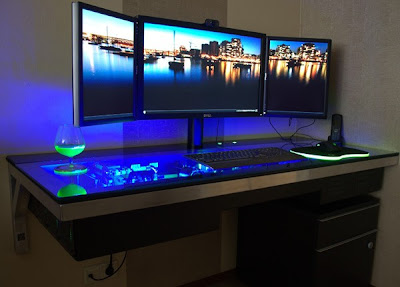
At least those Cupertino designers have a couple of generations of curved iPod nano screens under their belt, giving them a good idea of how to handle the atypical glass frontage.

Should not confirm or deny? Intentionally leaving a customer in the dark as to whether their computer has a virus seems pretty low. But is this next part lower? Hmm:AppleCare does not provide support for removal of the malware. You should not confirm or deny whether the customer's Mac is infected or not.
So even if a customer is sure their computer's infected, Apple wants nothing to do with these malware lepers. Keep 'em off the support lines, keep 'em out of the stores. This doesn't seem like a great precedent to set for malicious code landing on Macs.Do not attempt to remove or uninstall any malware software.
Do not send any escalations or contact Tier 2 for support about removing the software, or provide impact data.
Do not refer customers to the Apple Retail Store. The ARS does not provide any additional support for malware.














